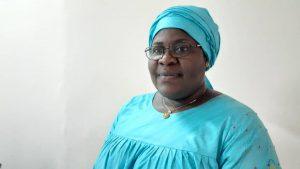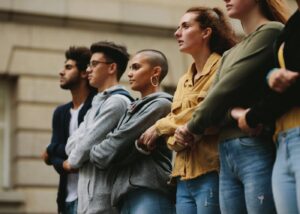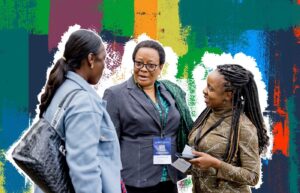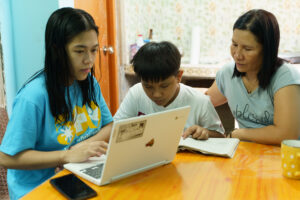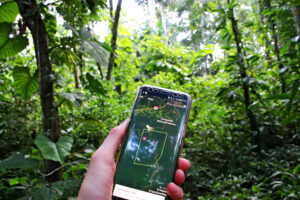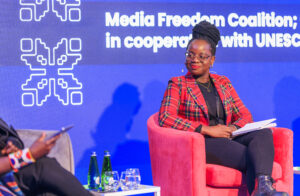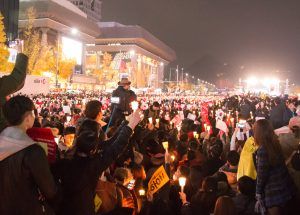
Protecting Civic Space: Lessons Learned and Actions to Take
A vibrant and robust civic space is essential to open government. While we mark 10 years since OGP’s founding this year, we’re also facing 15 years of a steady decline in civil liberties, including in some OGP countries. In recent…

